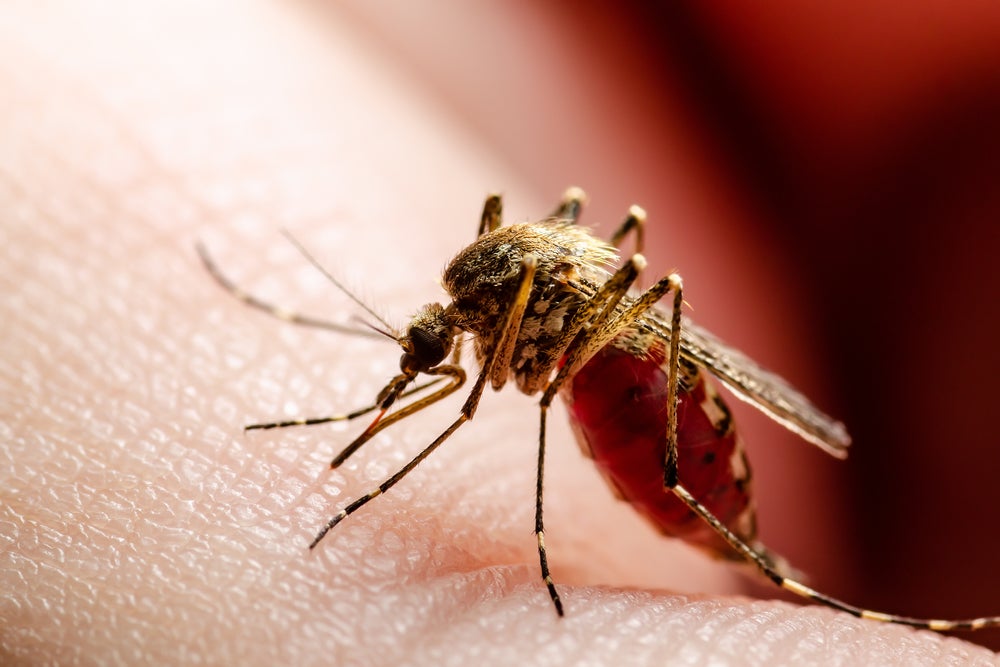An outbreak of dengue fever in Bangladesh has caused more than 1,000 deaths. According to a situation report by Unicef on 2 October, there have been 206,288 cases of the disease and 1,006 deaths.
Approximately 18% of cases and 11% of deaths have been in children under the age of 15.
A situation report by the WHO noted that the highest caseload of the outbreak so far occurred during the week of 18-24 September, with 20,041 new cases.
The illness has been detected in all 64 districts of Bangladesh. The WHO’s Disease Outbreak News on the Bangladesh outbreak reports that the number of cases began to rise in May and spiked in late June and July.
Mosquito density was notably high before monsoon season, which likely contributed to the outbreak.
This increased mosquito population has been attributed to high heat, humidity, and rainfall in Bangladesh in 2023.

US Tariffs are shifting - will you react or anticipate?
Don’t let policy changes catch you off guard. Stay proactive with real-time data and expert analysis.
By GlobalDataThese cases of dengue have more heavily affected men, with 61% of cases in men and 39% of cases in women.
However, women have been dying of dengue more often than men, with 57% of deaths in women and 43% of deaths in men.
The highest burden of infection has been in younger people aged 16-35 (50% of cases), but the highest number of deaths was seen in older people aged 31-60 (48% of deaths).
The US Centers for Disease Control and Prevention reports that approximately 75% of dengue infections are asymptomatic, and clinical cases range from mild to severe.
Mild dengue fever presents with nausea, vomiting, aches and pains, and a rash, always accompanied by fever. The nonspecific symptoms mean that mild dengue can be easily misdiagnosed.
Approximately 5% of symptomatic dengue cases become severe. Severe dengue fever presents with abdominal pain, blood in vomit or stool, tiredness or irritability, and bleeding from the nose/gums. Internal bleeding can lead to shock and death.
Dengue symptoms last 2-7 days, and there is currently no treatment for the disease.
Recurrent infections are more likely to be severe due to antibody-dependent enhancement (ADE). The body develops antibodies in response to an initial DENV infection. The body is protected from this serotype.
However, the body is not protected from infection with another serotype. Upon infection with another serotype (DENV 1, 3, or 4), the antibodies bind but cannot neutralise the virus.
Instead, the virus can more easily infect cells and replicate, thus causing more severe disease. It is possible to be coinfected with two dengue serotypes at once, and these patients tend to have more severe disease than those infected with one serotype.
The mechanism of ADE is not yet well understood.
Outbreaks of dengue and other arboviruses are due to factors such as poor hygiene/prevention measures and climate factors, including temperature and wetness, which can impact mosquito populations.
Hopefully, environmental control measures such as insecticide use and the removal of egg-laying locations, for example, old tyres and birdbaths, will help to mitigate this outbreak, as well as any that occur in the future.






